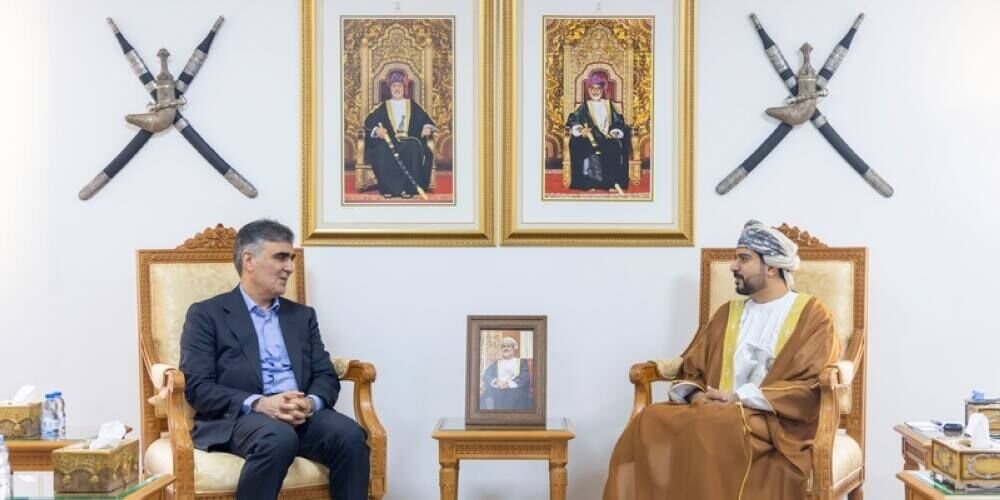
Similar Posts
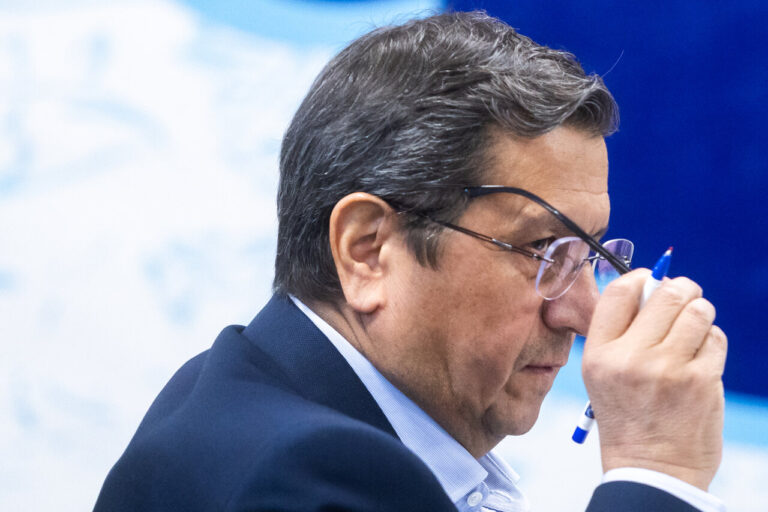
Iran’s Economy Minister Impeached by Parliament: A Major Political Shake-Up!
Recent political developments in Iran have highlighted significant economic challenges, prompting Minister of Economic Affairs Hemmati to address Parliament amid concerns over his ministry’s performance. President Pezeshkian defended Hemmati, arguing that replacing him wouldn’t resolve the crisis. Lawmakers are frustrated with rising prices, diminishing purchasing power, and the rial’s devaluation, leading to increased demand for safe-haven assets. The impeachment session reflects broader dissatisfaction with governance and calls for comprehensive economic reforms, including currency stabilization and enhanced transparency. The outcome could impact Iran’s economic future, emphasizing the need for effective policies to restore public confidence and stability.
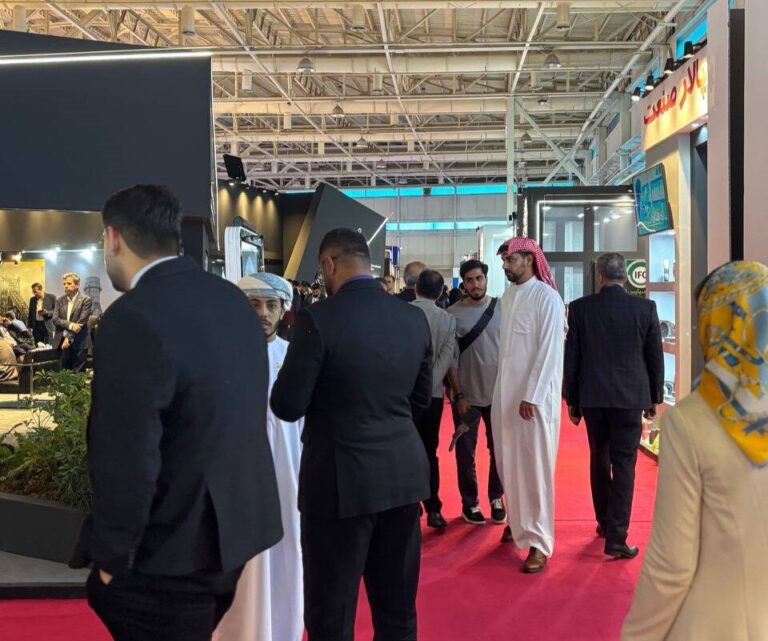
Tehran Set to Host Iran Expo 2025: The Country’s Premier Trade Event Unveiled!
Iran Expo 2025 is the seventh Exhibition of Export Capabilities of the Islamic Republic of Iran, taking place in Tehran from April 28 to May 2. This key trade event brings together over 2,000 companies and representatives from more than 100 countries, focusing on enhancing Iranian exports and fostering international trade relationships. The expo emphasizes non-oil exports, attracting foreign investments and facilitating negotiations for cooperation agreements. Through workshops and seminars, participants gain insights into market trends and best practices. Overall, Iran Expo 2025 serves as a vital platform for showcasing Iranian capabilities and promoting lasting international business connections.
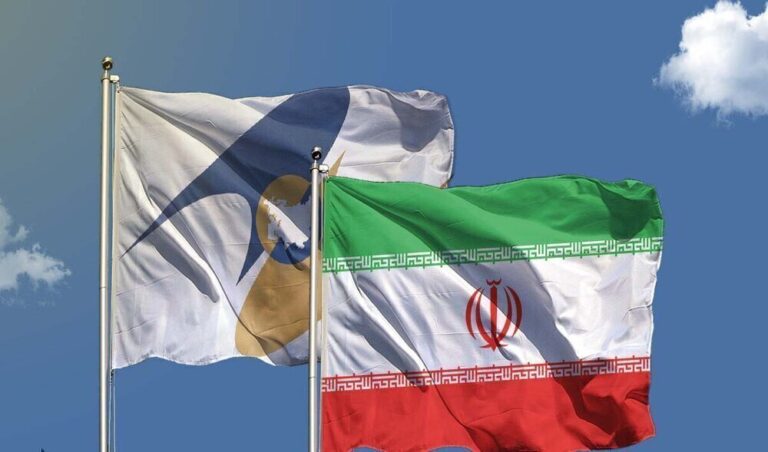
Iran’s Economic Partnership with EAEU: A Boost Towards Free Trade Agreement Success!
Iran has officially attained observer membership in the Eurasian Economic Union (EAEU), a significant milestone for its international trade. This status, endorsed by EAEU leaders in Saint Petersburg, enables Iran to conduct 80% of its trade with member states tariff-free, enhancing economic collaboration. Despite this progress, challenges such as international sanctions, differing production standards, and political factors may hinder trade potential. Current trade between Iran and the EAEU has shown promising growth, particularly in agricultural and petrochemical exports. Addressing these barriers is crucial for Iran to fully leverage its EAEU membership and boost economic ties with member states.
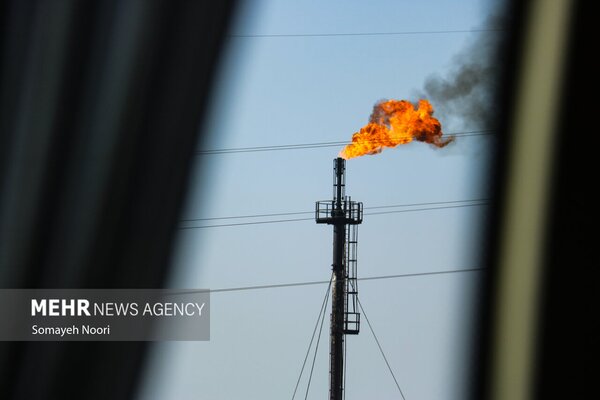
Iranian Oil Supply to China Poised for a Major Comeback in March 2025!
The rebound of sanctioned oil shipments to China, the world’s top oil importer, is easing supply concerns that previously drove up prices. U.S. sanctions targeting over 140 oil tankers, accounting for 42% of Russia’s seaborne crude exports, have disrupted trade, particularly impacting China and India. These sanctions have led to increased freight rates and significant supply chain disruptions. As China seeks alternative crude sources, the revival of its oil imports may stabilize global oil prices. Traders remain cautiously optimistic about future dynamics, as geopolitical factors and regulatory changes will continue to influence the oil market.
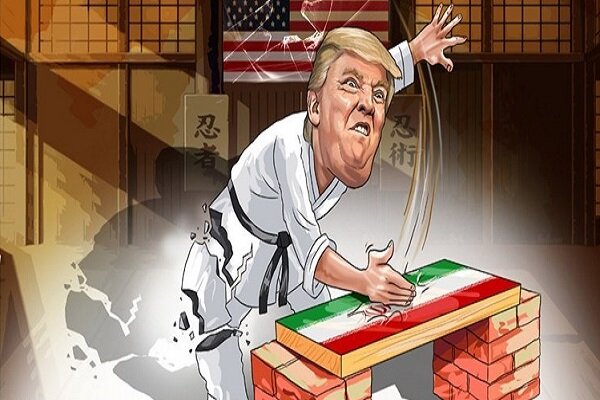
US Maximum Pressure Campaign Falls Short: A Deep Dive into Its Failures
Iran’s Petroleum Minister Mohsen Paknejad criticized the U.S. “maximum pressure” campaign aimed at reducing Iranian oil exports to zero, calling it an unrealistic and failed policy. He expressed confidence in Iran’s self-sufficiency in the oil and gas sectors despite external pressures. Former President Trump, who reinstated the sanctions, acknowledged their harsh impact on Iran but indicated a desire for negotiation, reflecting a complex relationship with the sanctions. As tensions persist, the international community observes how both nations will navigate the balance between sanctions and potential diplomatic engagement moving forward.
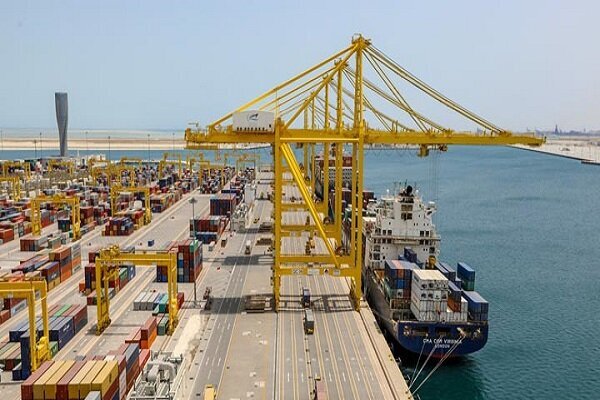
Iran’s Mazandaran Achieves Milestone: Exports 1 Million Tons of Minerals in Just 9 Months!
Mazandaran province has emerged as a key player in the mineral export sector, with exports reaching 1.101 million tons valued at over $33.18 million from March 21 to December 22, 2024. The main exported minerals include cement, gypsum, and barite stone, primarily to Kazakhstan, Iraq, Russia, and Turkmenistan. Overall, Iran exported approximately 16.190 million tons of minerals worth over $476 million during the same period. This growth highlights Mazandaran’s rich mineral resources and strategic position in international trade, suggesting significant potential for economic development and partnerships as the demand for these resources continues to rise globally.